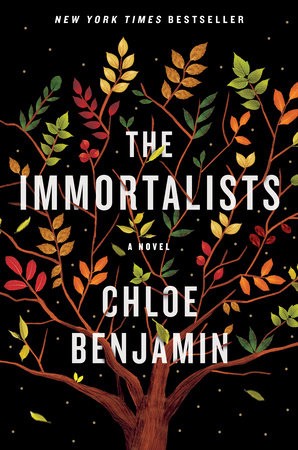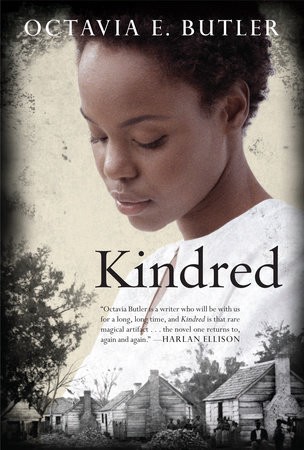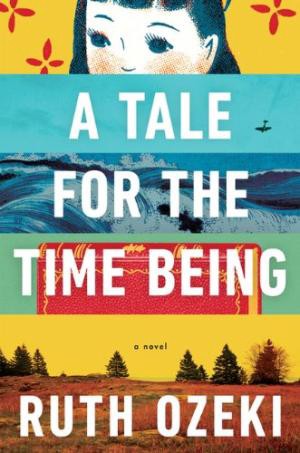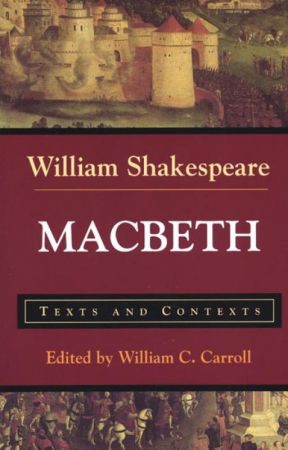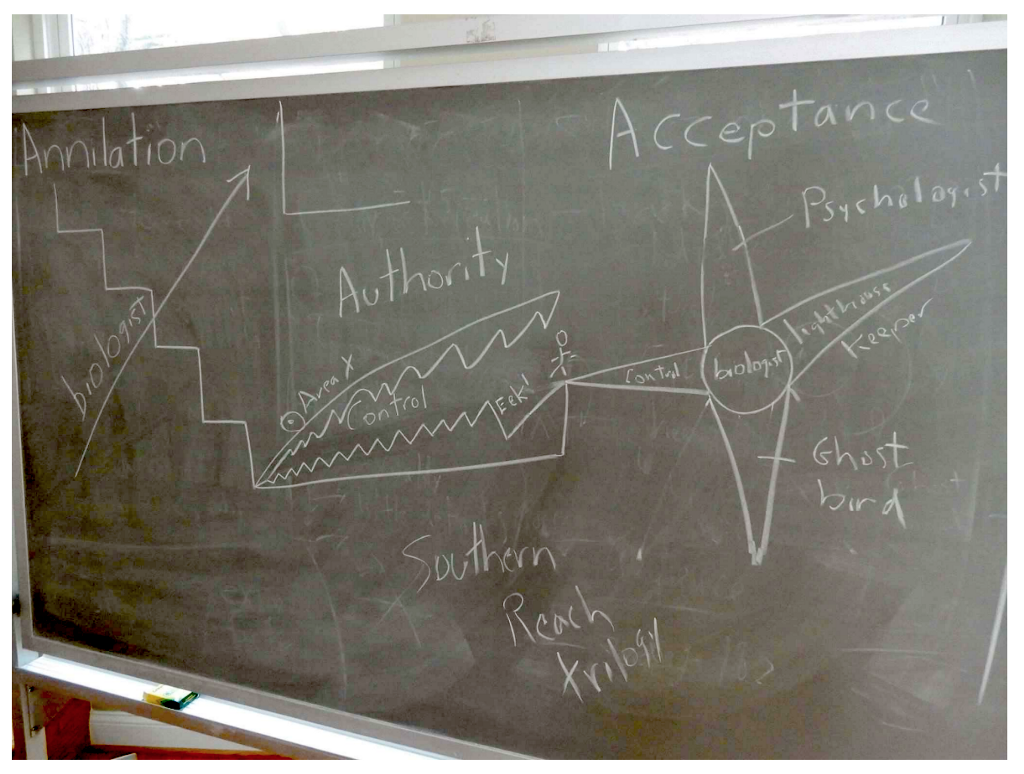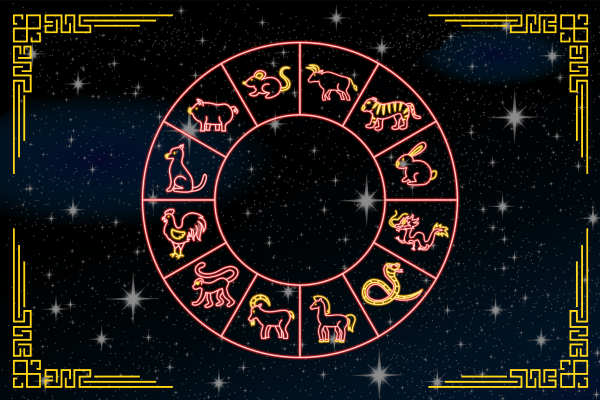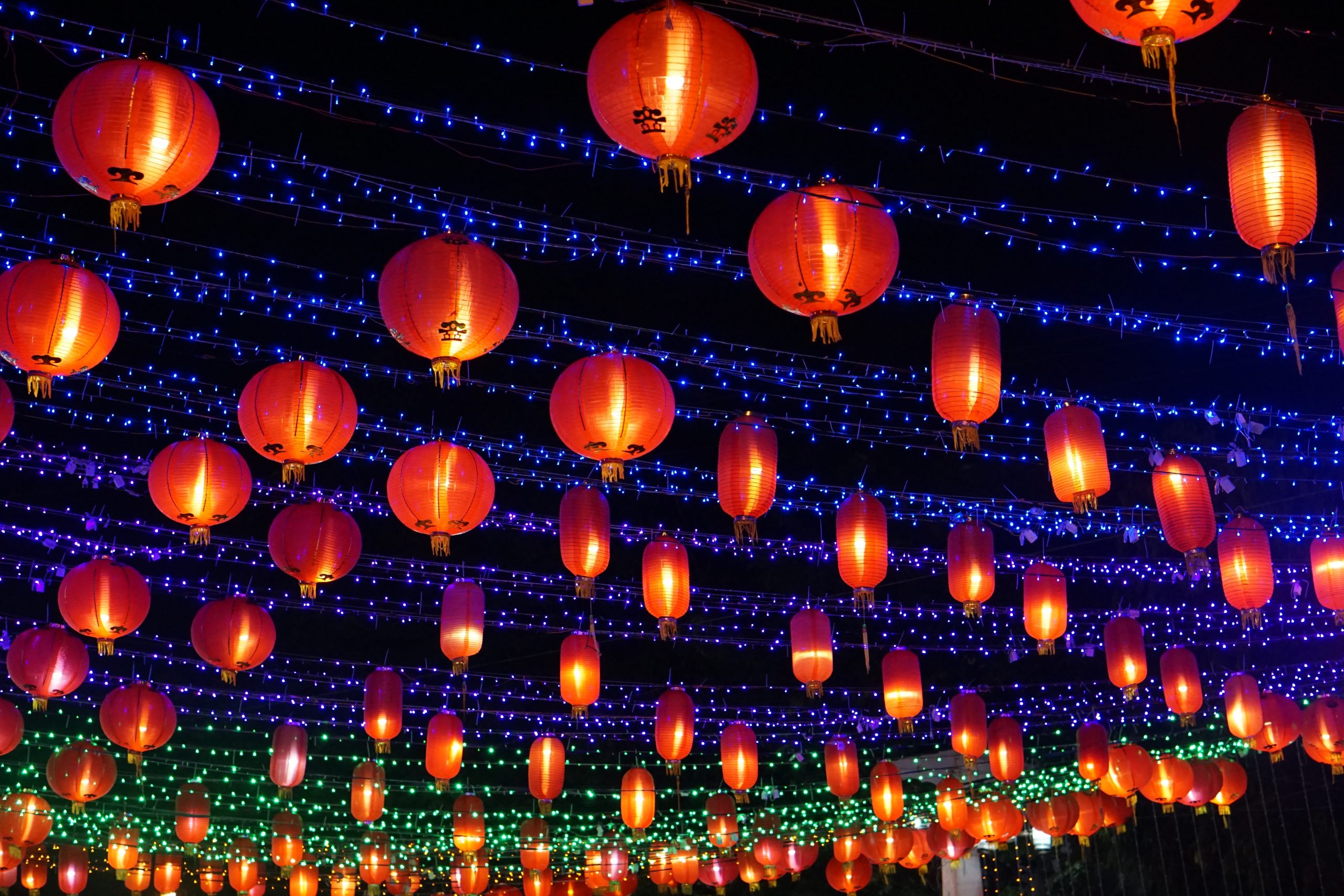Reading Lists
10 Books That Will Cure You of Wanting to Know the Future
Stories about the dangers of fortune tellers, oracles, and prophecies
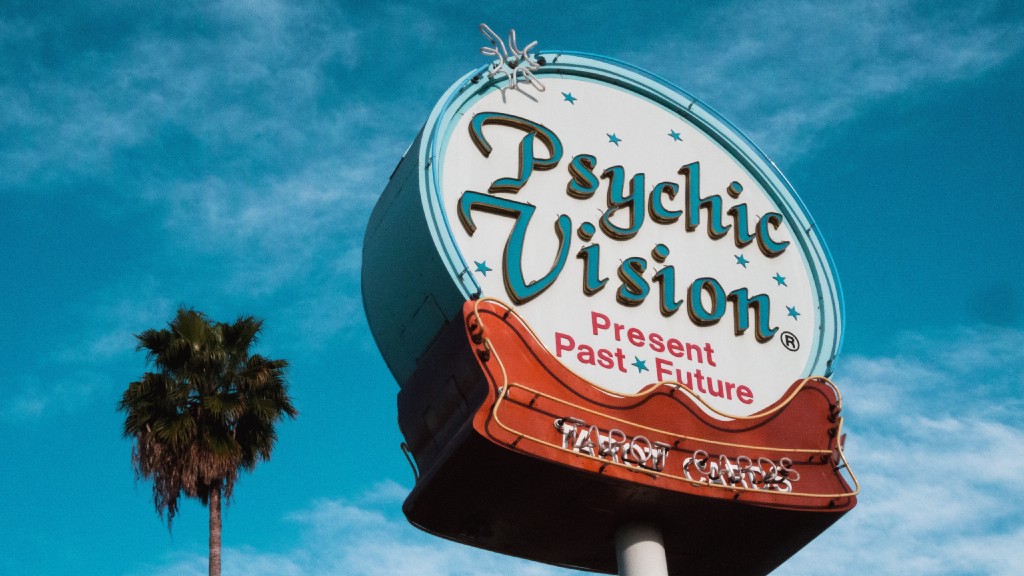
If I had a superpower I would want it to be the ability to pause time, or teleport, or summon the TV remote with my mind so I don’t have to get up. I’m open to a lot of possibilities, but one power I would absolutely forgo is foresight. While horoscopes are fun and weekly weather reports keep me from wearing flip flops into thunderstorms, true mystic fortune telling only brings chaos. I have no desire to know the day the world will end, and I was horrified when a friend confessed to always reading the last chapter of a book before the first. Where’s the appeal of the unknown? The intrigue of taking in everyday as a plot twist? You may scoff at my ignorance is bliss mentality, but here is a list of titles that support my theory: Sometimes, it’s better not to know.
The Oracle Year by Charles Soule
Previously known for his comic books, Soule breaks into the novel world with the origin story of the Oracle, an everyday New Yorker who wakes up with the ability to predict the future. A guy can do a lot with newly found superpower and an anonymous internet persona, but between dodging assassins, turning down warlords, and ticking off televangelist preachers it’s hard to predict whether he’ll survive each day. This side-splitting satire takes “Knowledge is Power” literally while invoking questions of epistemology, faith, and the selfishness of human nature.
The Immortalists by Chloe Benjamin
As children, the four Gold siblings snuck out to meet a traveling psychic who foretold the day each of them would die. Varya, prophesied to live to an old, ripe age, discredits it as a trick but nevertheless finds herself counting days, Klara flirts with her inevitable death by becoming a stage magician, Simon flees to San Francisco in the ’80s, and Daniel confronts his own mortality directly as an army doctor. As the consequences of this knowledge compound, the boundary between fate and choice grows thin. Some prophecies are true only insofar as they are believed.
Kindred by Octavia E. Butler
Dana, an African American writer in 1979 Los Angeles, doesn’t see the future exactly—she’s lived it. She is transported back in time to an antebellum Maryland plantation, where she saves a red-headed child who would one day grow up to be slave owner and, through violence, her great-great-…-grandfather. Every moment in the past is a struggle as Dana has to reconcile her knowledge of who the young, misguided boy will grew up to be and her own identity as both a modern, educated African American woman and a pre-Emancipation object to be beaten, possessed, and coerced.
Outlander by Diana Gabaldon
Two hundred and two years is an odd distance to time travel, but Claire Randall, fresh off the front lines of World War II, has the misfortune to be transported exactly that far back. Her experience as a combat nurse is both a boon and a danger in 1743 when “germs” did not exist and leeches were still a favorite tool of modern medicine. Amidst the gruesome violence of raiding clans on the Scottish Highlands, Claire’s medical abilities make anonymity impossible, so instead she employs them to make herself useful. With a fiancé waiting for her in the future but a brawny warrior hacking down dangers in the past, the question of when Claire will return turns more into an if.
A Tale for the Time Being by Ruth Ozeki
In the aftermath of the 2011 tsunami, a novelist on the Pacific coast of Canada finds a diary washed ashore in a mound a debris. As she reads it, she finds herself growing attached to the writer, sixteen-year-old Nao in Tokyo, who is struggling with an unhealthy family life, school bullying, and thoughts of suicide. The swapping narration between Ruth and Nao makes it increasingly difficult for the reader and for Ruth herself to distinguish the present from the past — what is read or recalled and what is occurring in real time. As Ruth’s grasp on reality slips, she becomes increasingly invested in saving a girl who in all likelihood is already dead.
Eternal Life by Dara Horn
Rachel has grown used to the predictability of eternal life: she finds work, gets married, has kids, watches as they all die, and approaches death herself only to be restored to youth. After 2,000 years of more or less the same, the 21st century does not break the pattern, but it does come with unique tribulation of its own. Through the eyes of one who has seen and done it all, Eternal Life attempts to understand humanity’s obsession with immortality, digital to botox, and what makes life worth living.
The Fortune Teller by Gwendolyn Womack
When your job is appraising antiques, you are bound to come into contact with an interesting object or two. For Semele Cavnow that interesting object happens to be an ancient manuscript foretelling thousands of years worth of disasters and a deck of tarot cards that may make a difference. Obsessed with rediscovering the deck and dodging an unknown enemy lurking in the shadows, Semele must use every tool at her disposal to unravel the truth behind the prophecies.
Macbeth by William Shakespeare
Most of us have already bungled our way through this play in high school, but few writers can pull of an everybody-dies tragedy as well as the Bard himself. Macbeth, a general in the King of Scotland’s army, receives a prophecy from a sketchy trio of witch who promise him a series of promotions as well as the Scottish throne. The only caveat is several people would have to die along the way. His wife says go for it, and his ambition urges him to agree. As the murder spree kicks off, more prophecies come to light that throw Macbeth and Lady Macbeth into a paranoia fueled madness. We all know how that ends.
The Song of Achilles by Madeline Miller
In Homer’s Iliad: the hot-blooded warrior Achilles yo-yos back and forth between battle and pacifism, only later revealing his conflict over a prophecy that promises him either a long and happy life or everlasting glory and an early death. His hesitation claims the lives of countless soldiers. Madeline Miller retells Achilles’ story from the viewpoint of his lover Patroclus (it’s canon! Probably!). A mortal watching the grand workings of gods and demigods, Patroclus only wants to be with the man he loves; he recognizes Achilles’ great gifts and heroic destiny, but he also knows about the prophecy and fears his beloved’s death. Watching both of them navigate the tension between mundane happiness and fated glory is heartbreaking.
Agamemnon, Aeschylus
As long as we’re on the subject of mythology, I would be remiss to not also give a call out to Cassandra from Agamemnon, a woman blessed with foresight but cursed never to be believed. Her desperate warnings only gain her enemies and perceived insanity which drives her to death. If you ever wish for the ability to see the future, consult with the classics first.





